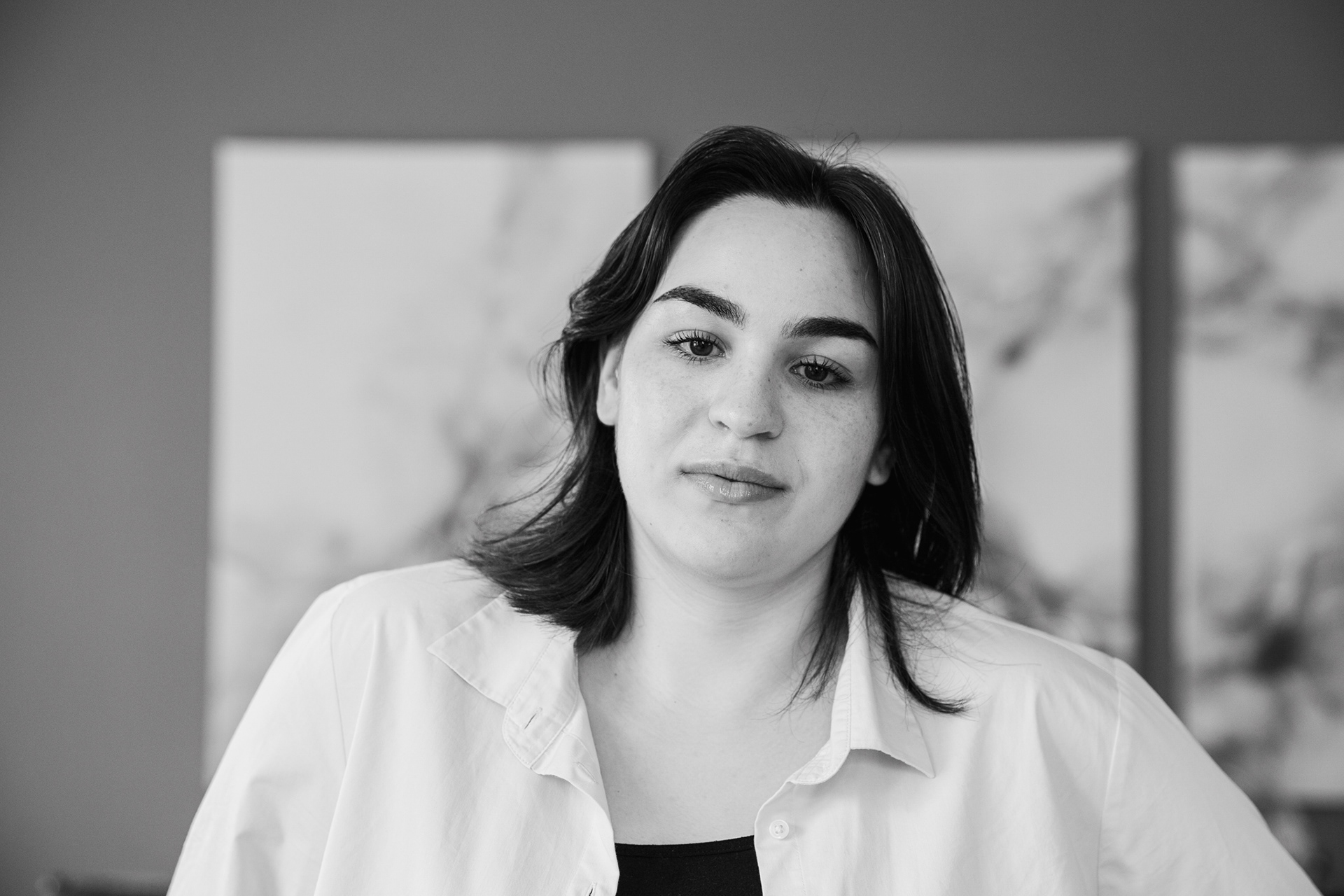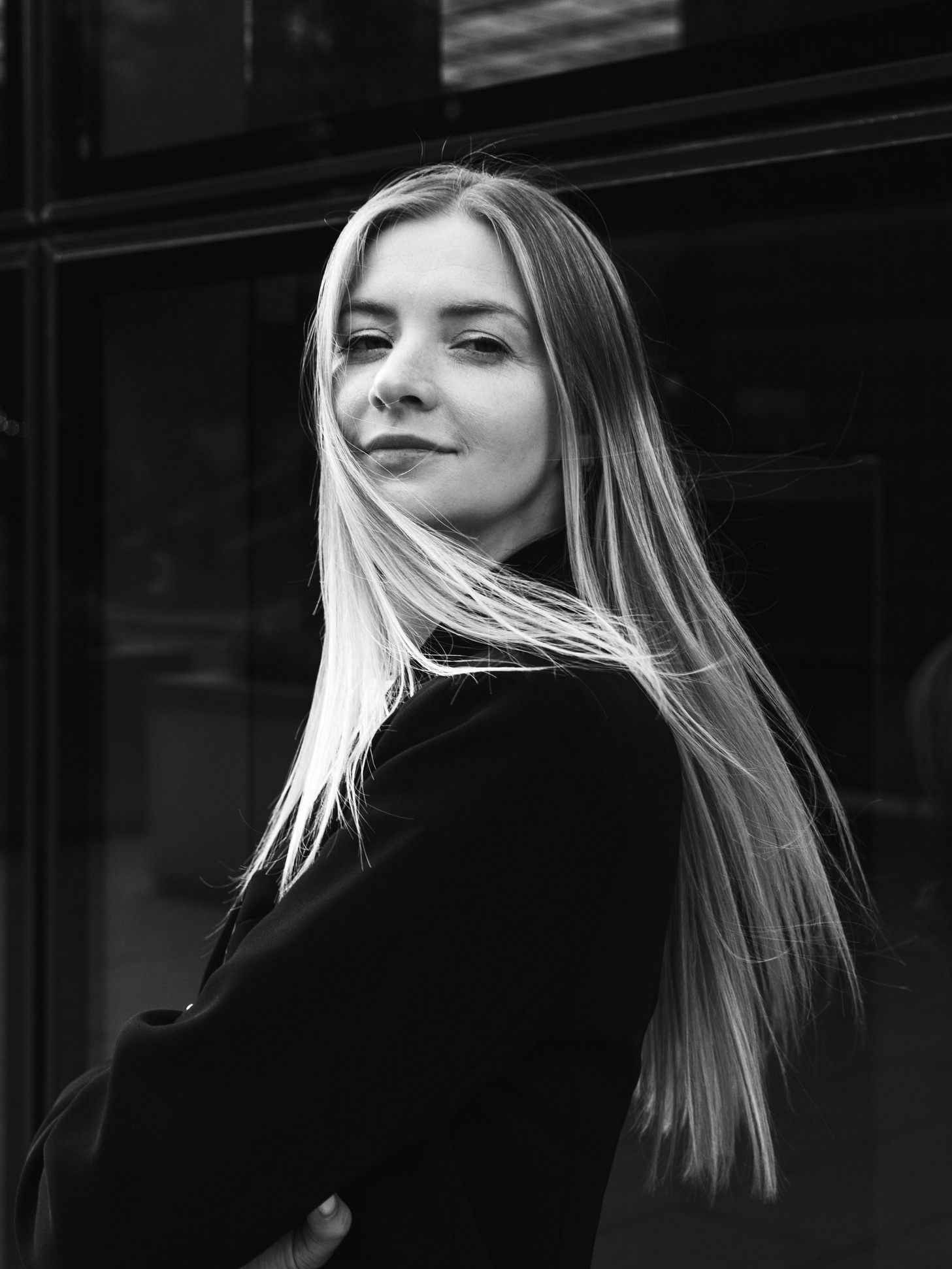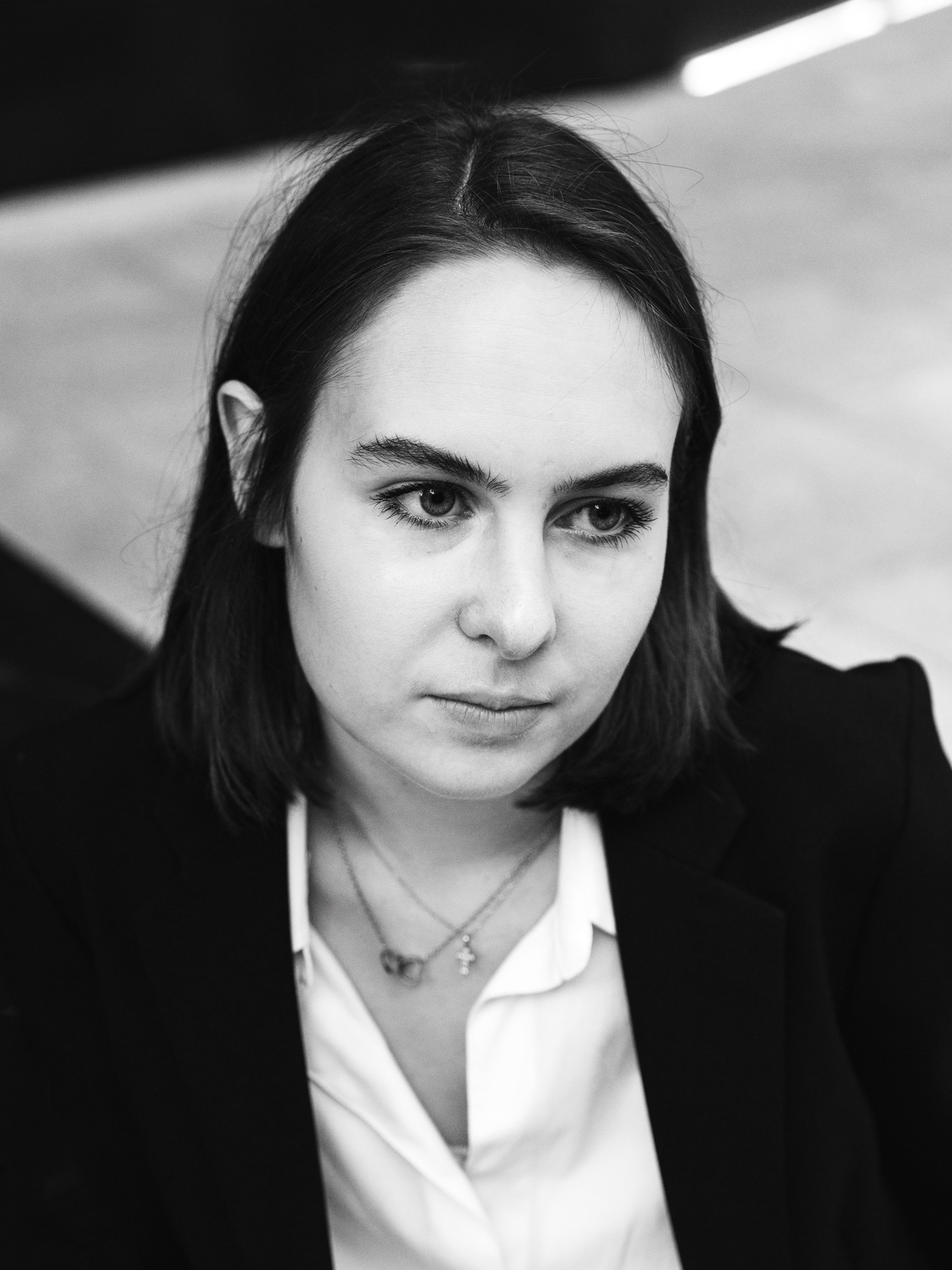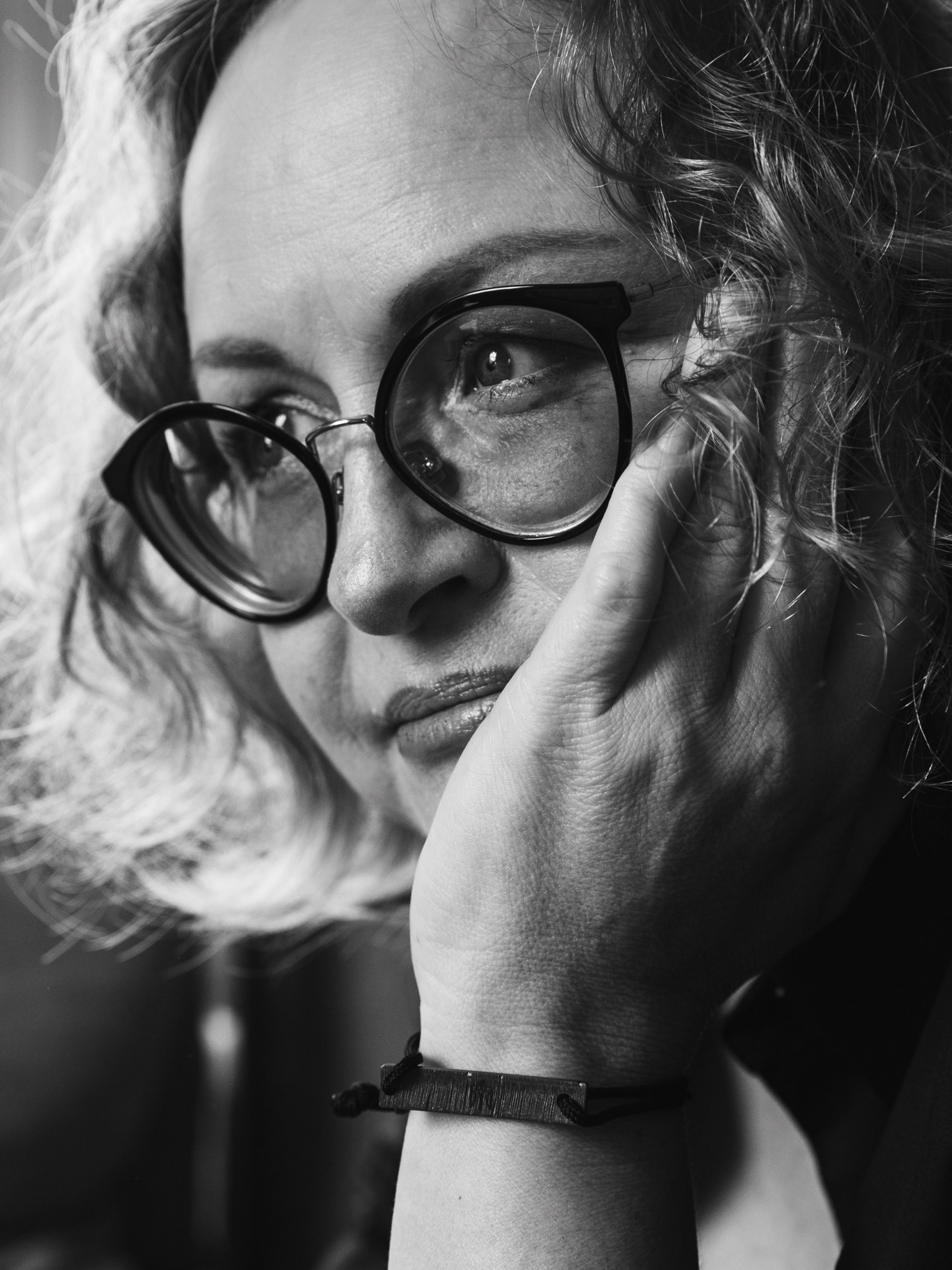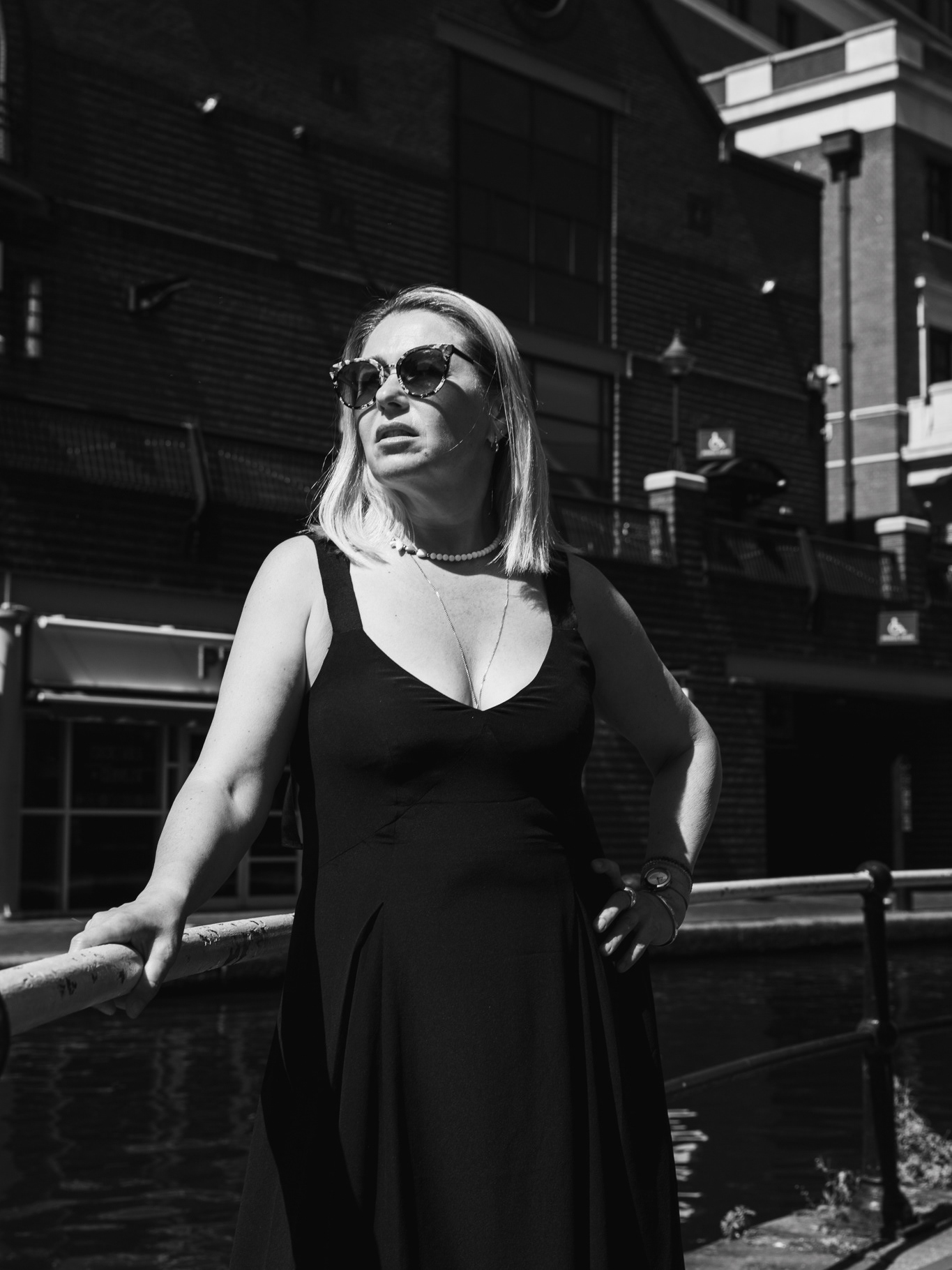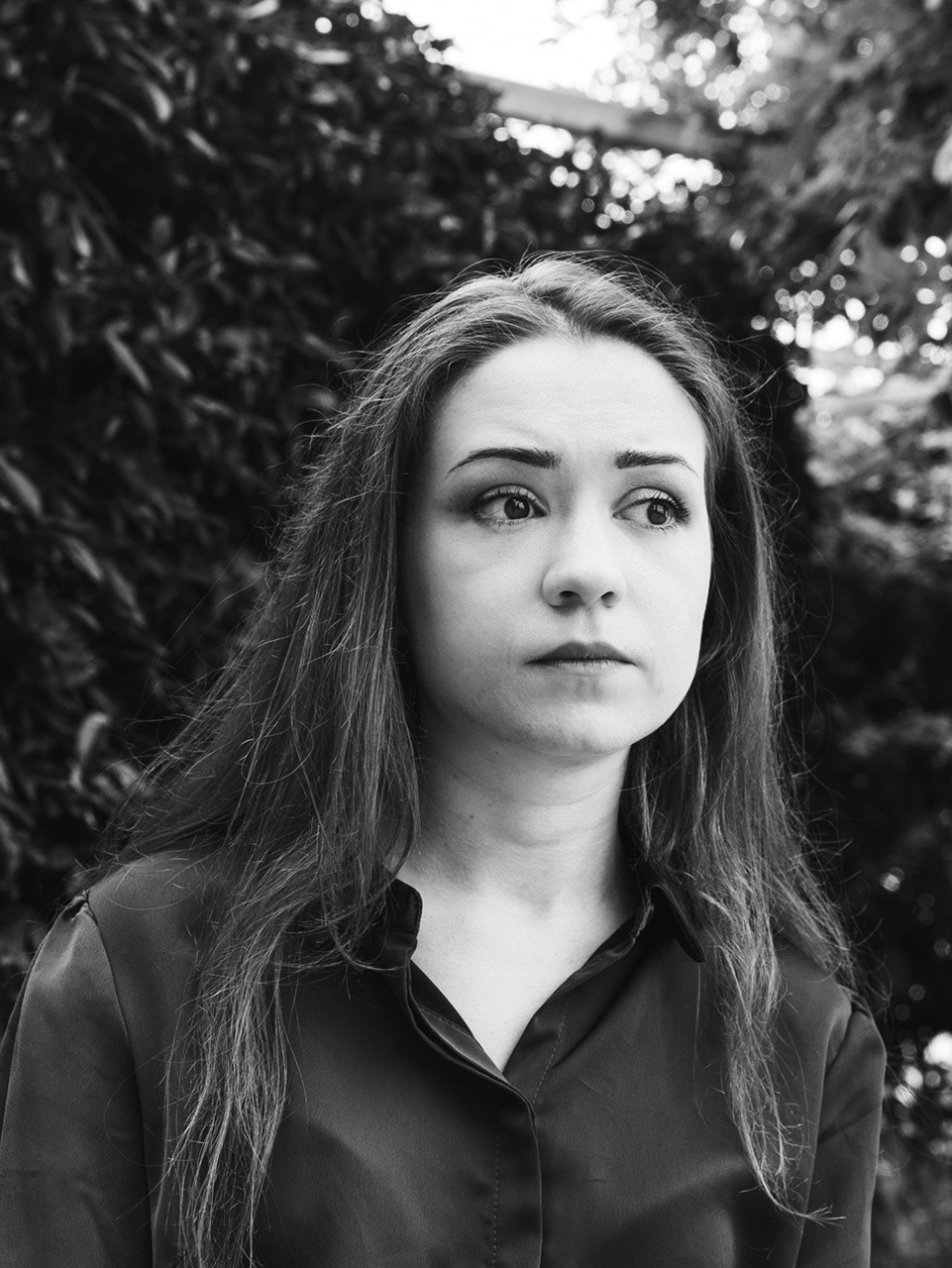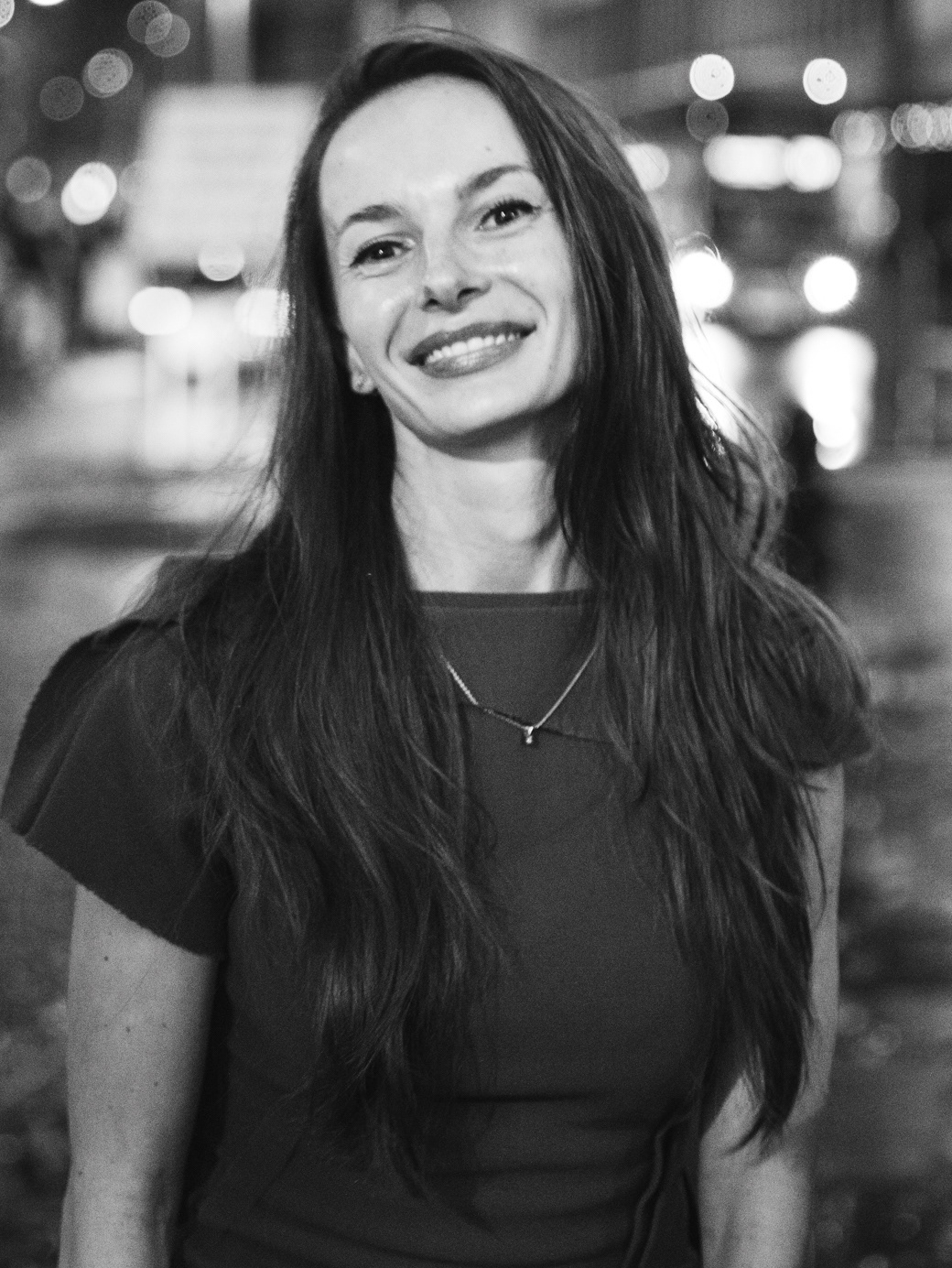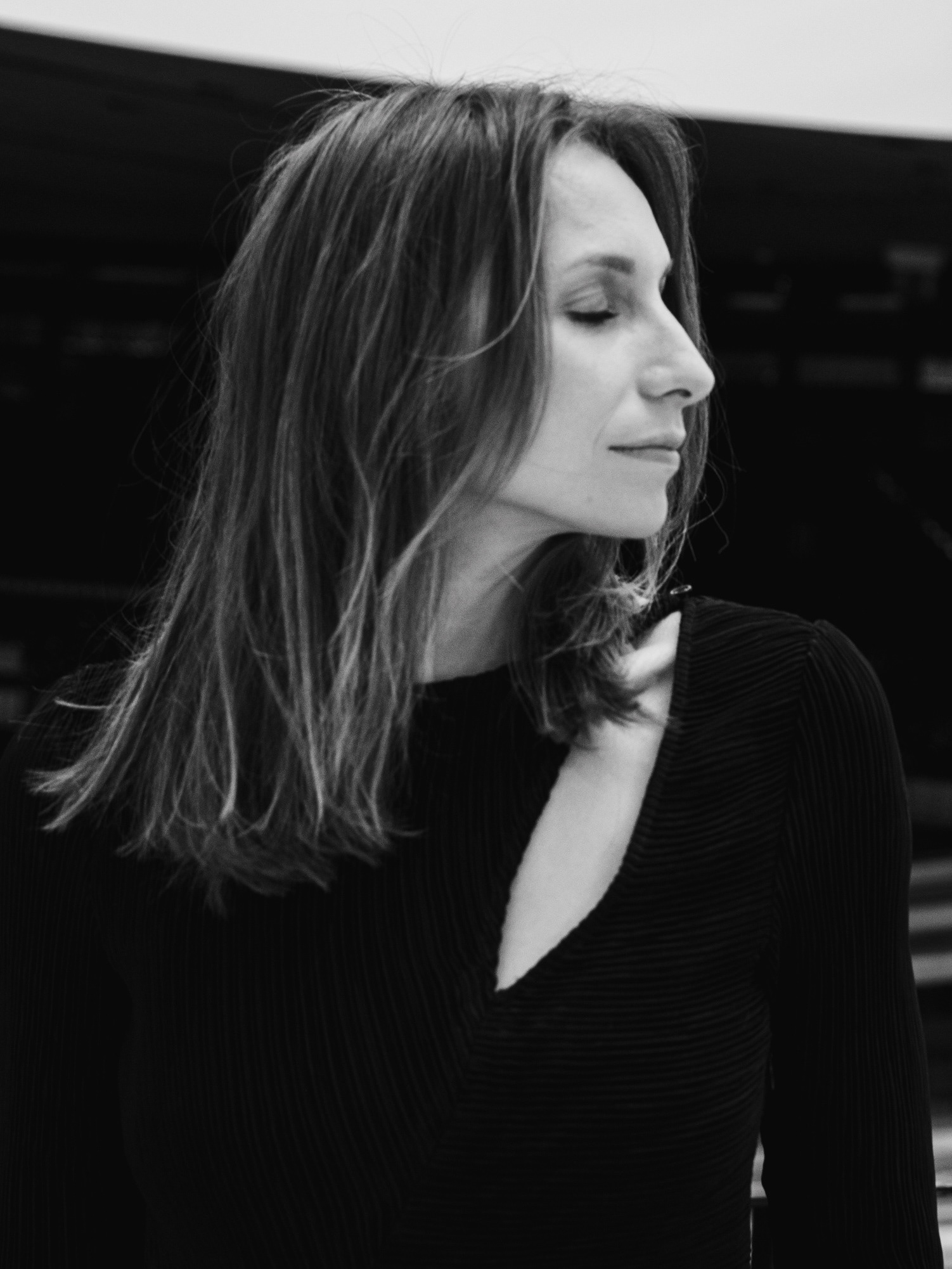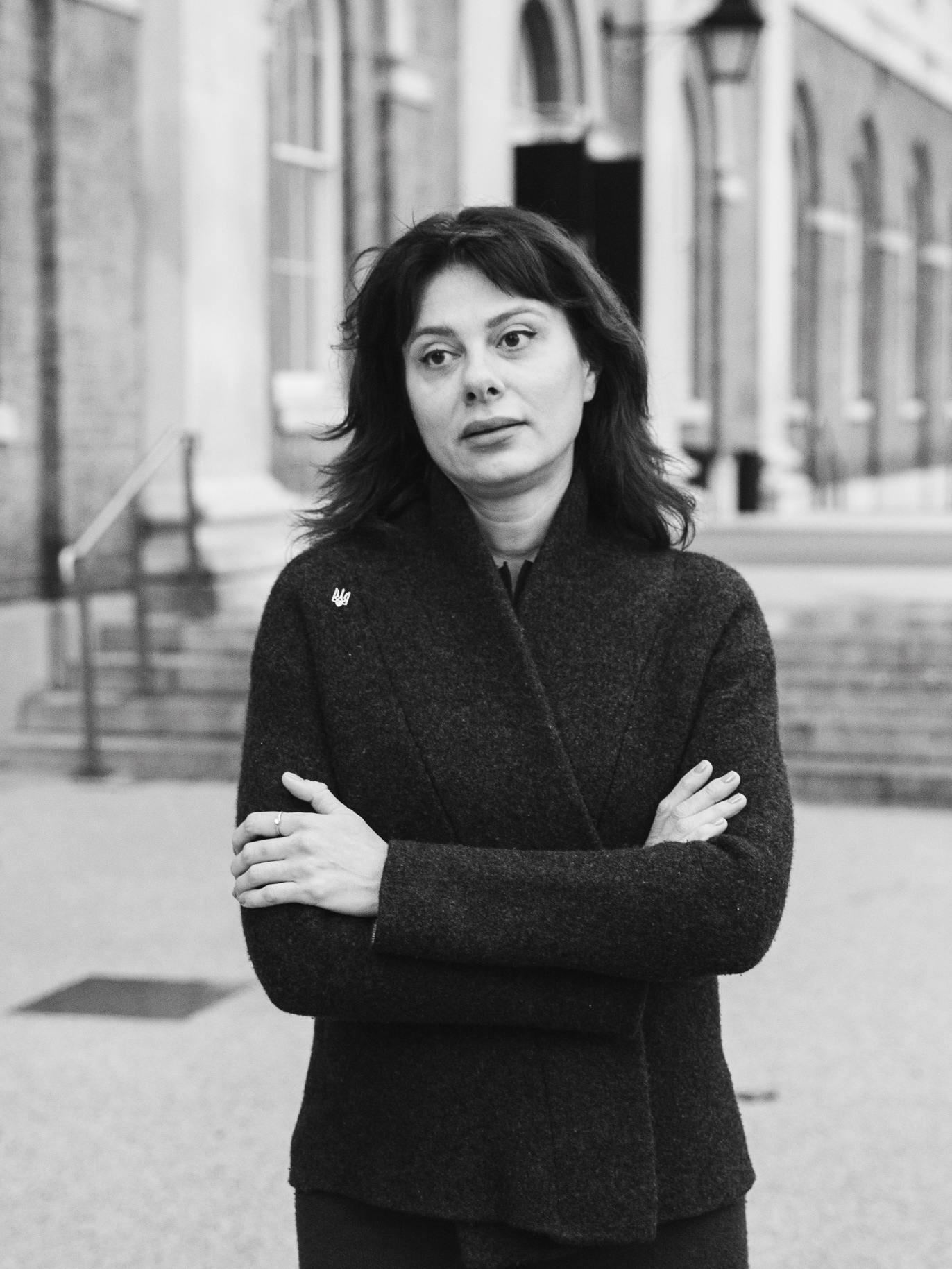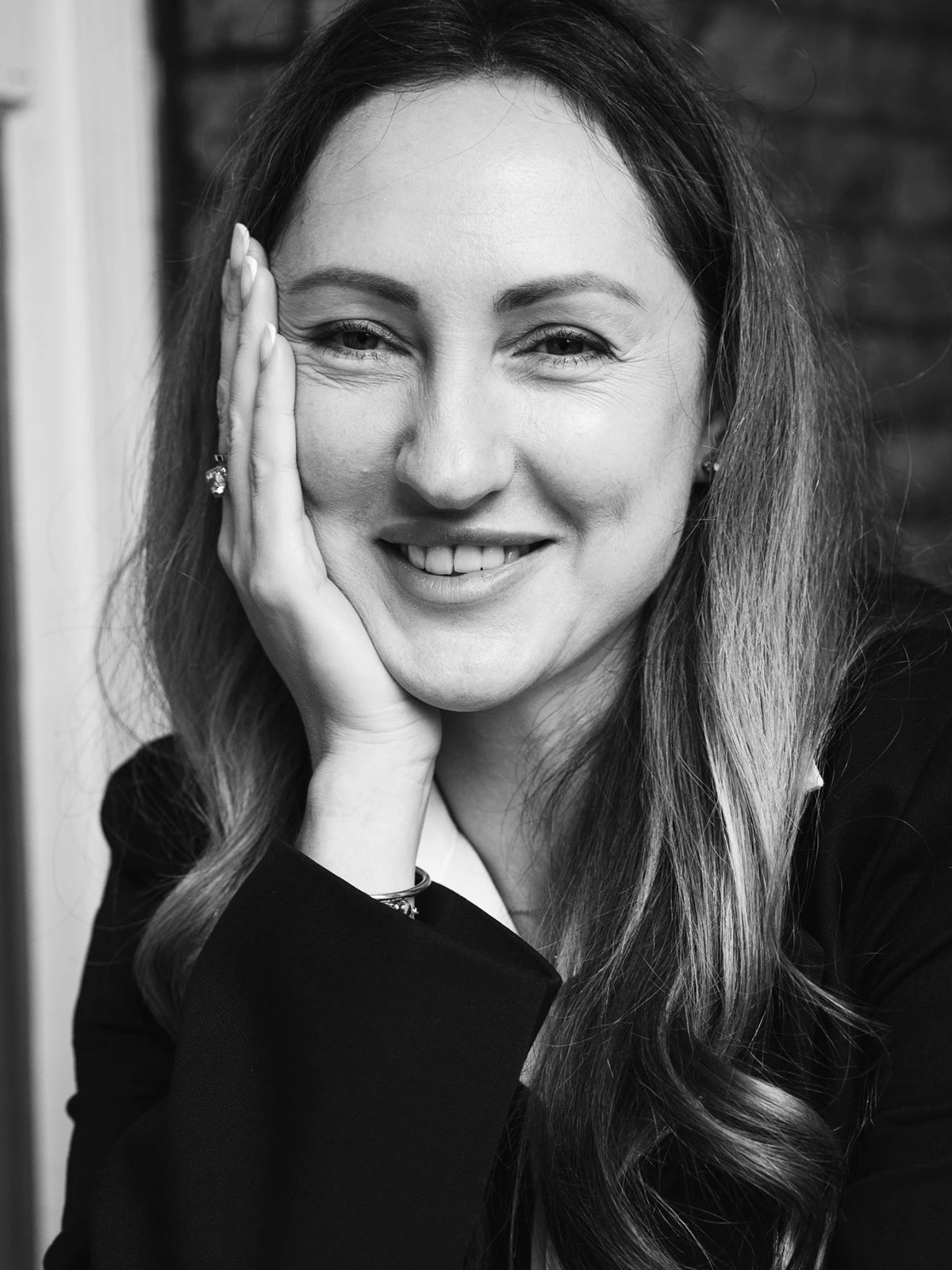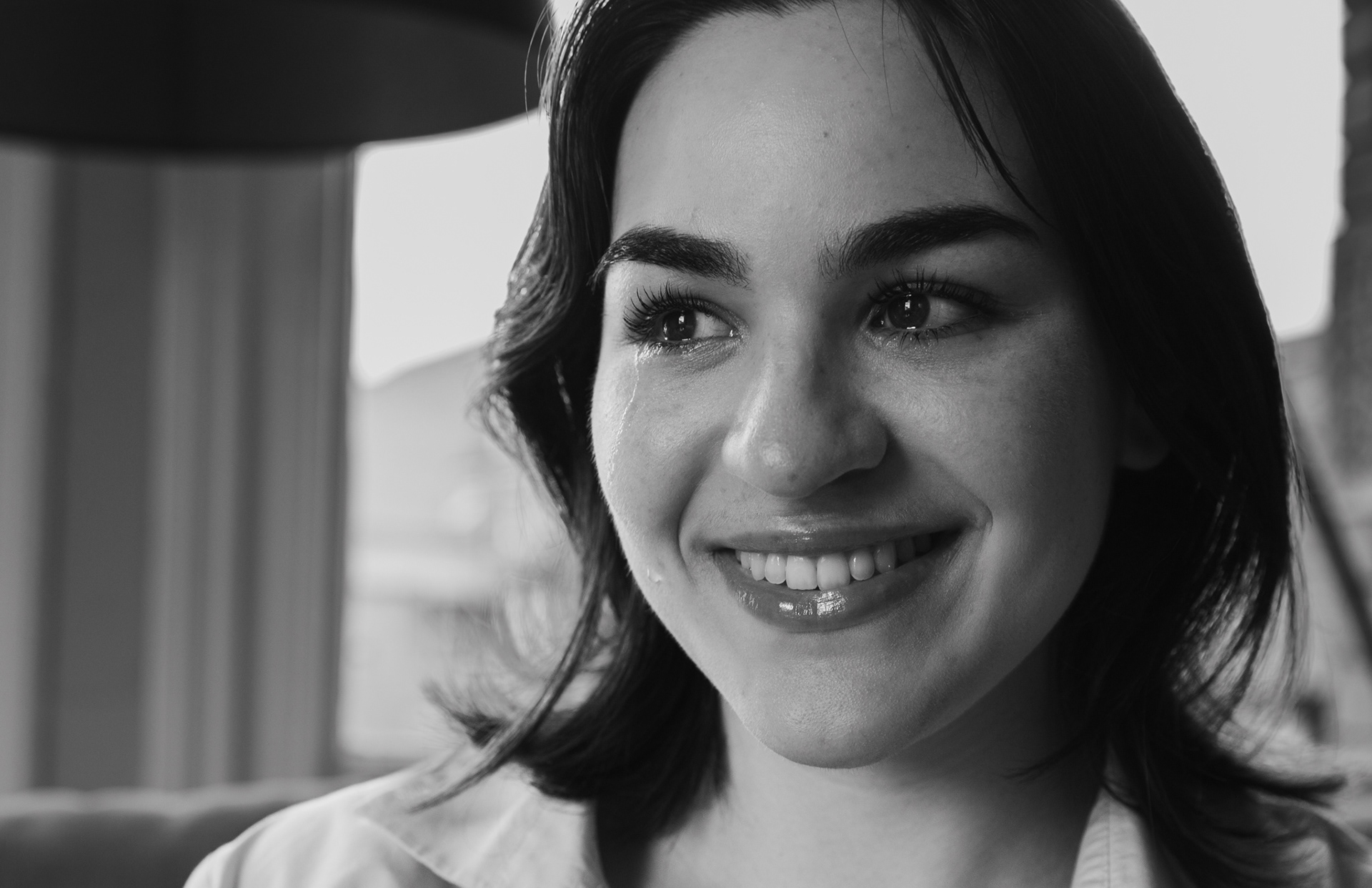
Daniella Hloba, whose name, like her life, is full of crossroads of cultures and histories, appears before us as an embodiment of strength and resilience. Born in Odesa, she carries the heritage of a Ukrainian mother with Polish and Belarusian roots, as well as distant Syrian, French, and American echoes from her paternal line. This unique blend has made her a citizen of the world, capable of feeling at home anywhere, yet simultaneously searching for her own place.
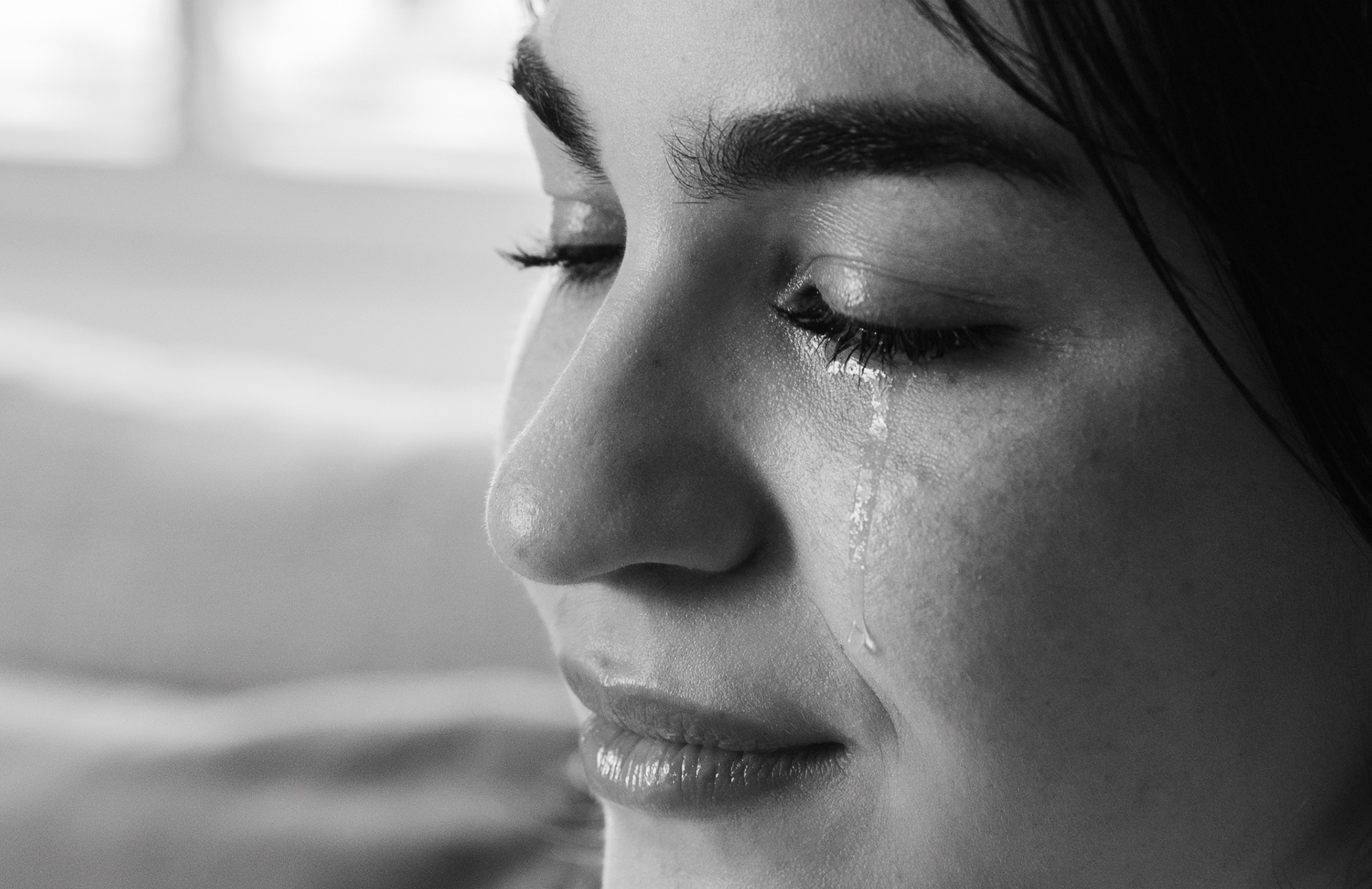
On the Eve of the Storm: Skepticism and Inner Anxiety
When the war broke into Ukraine on February 24, 2022, Daniella faced it at home in Odesa, alongside her parents. It was a time when the everyday collided with the unknown, and skepticism turned into anxiety. She had been studying abroad, in Poland and Italy, and had only returned home for a weekend. Her youth and detachment from the news cycle initially made her disbelieve the inevitable.
"I was so detached from the context, I didn't know what was happening in the news, what was happening in the world at all. When you are somewhere far away, you are not in the context. I didn't believe it, I was just skeptical about it," Daniella recalls. However, reality quickly caught up. Although she didn't hear loud explosions, anxiety and fear filled the air. "There were explosions, but I didn't hear anything major, just a little. It was more about what was happening, the anxiety, what could have happened, what might happen. You paint all sorts of pictures in your mind."
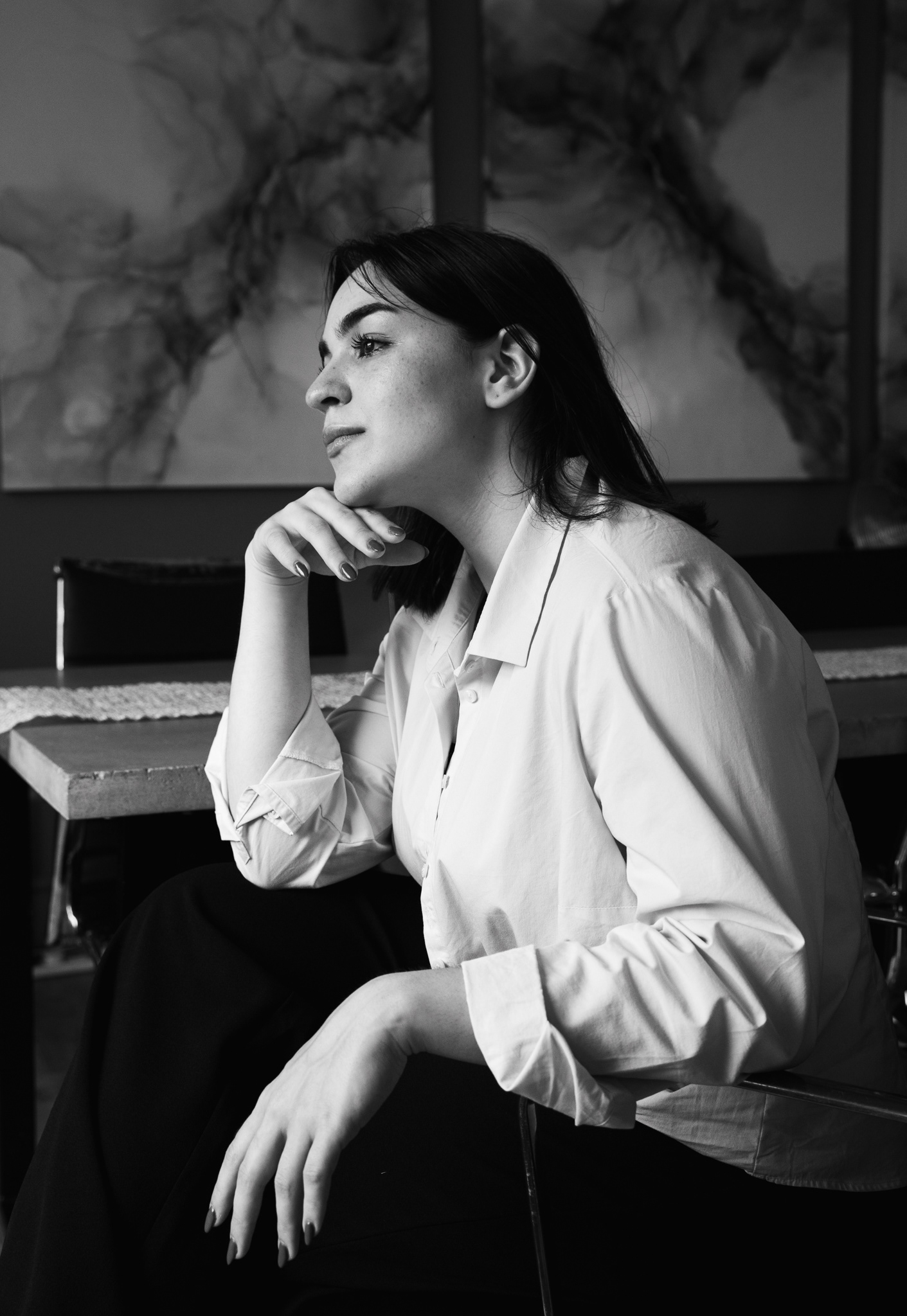
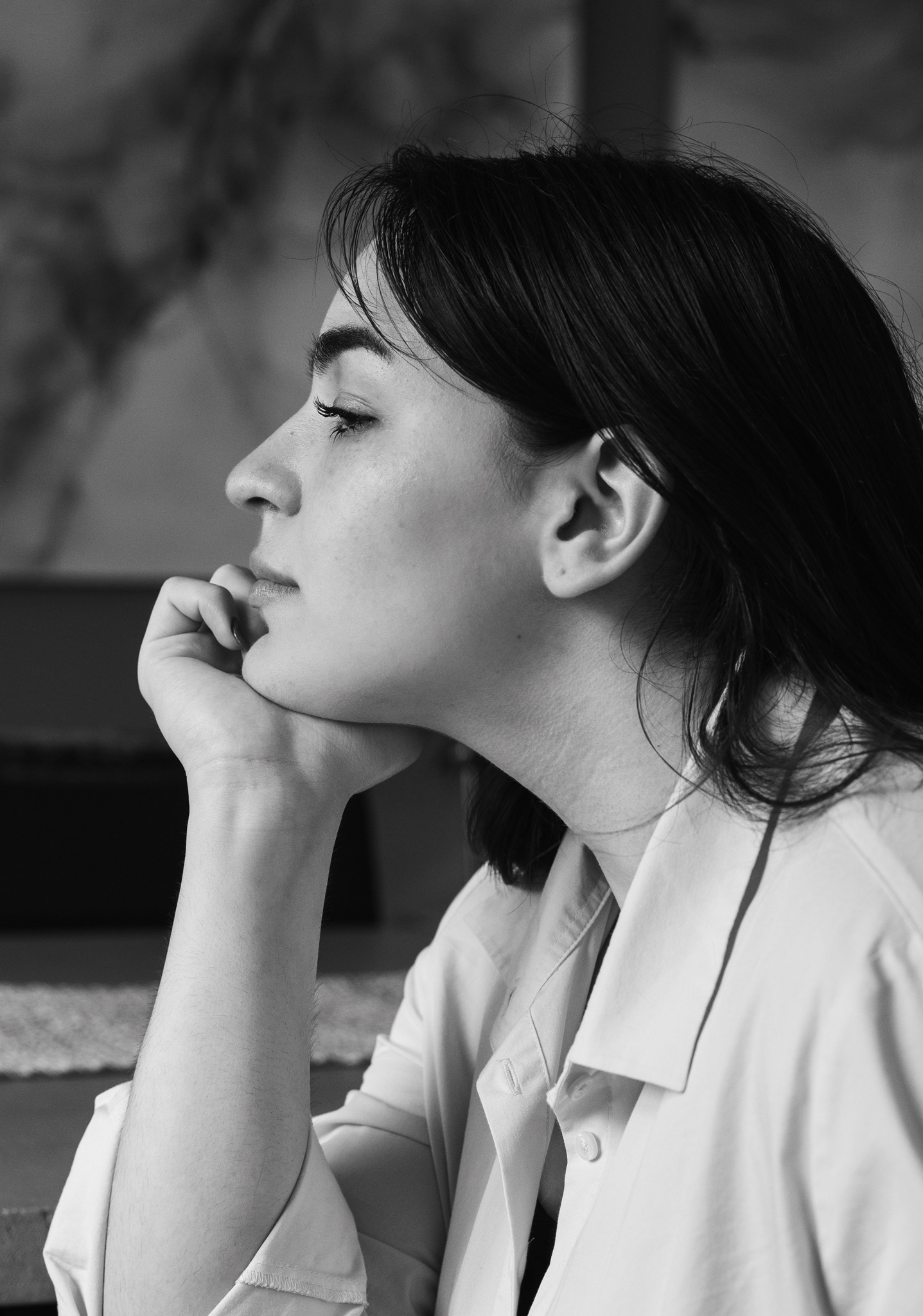
A state of confusion reigned in Odesa. "There was information, but it was as if there wasn't." Despite an outward calm, emotions were raging inside Daniella. "There was internal panic, internal hysteria, tearing me apart inside, but my face showed absolutely nothing." Her family, including those with Russian roots, went through their own re-evaluation. "My mother went through a lot of rethinking, like people who previously didn't understand certain aspects of our country's political life. And now my whole family, they are all pro-Ukrainian, now they know absolutely everything about Ukraine, they are proud of who they are." It became a true "awakening" for the entire family.
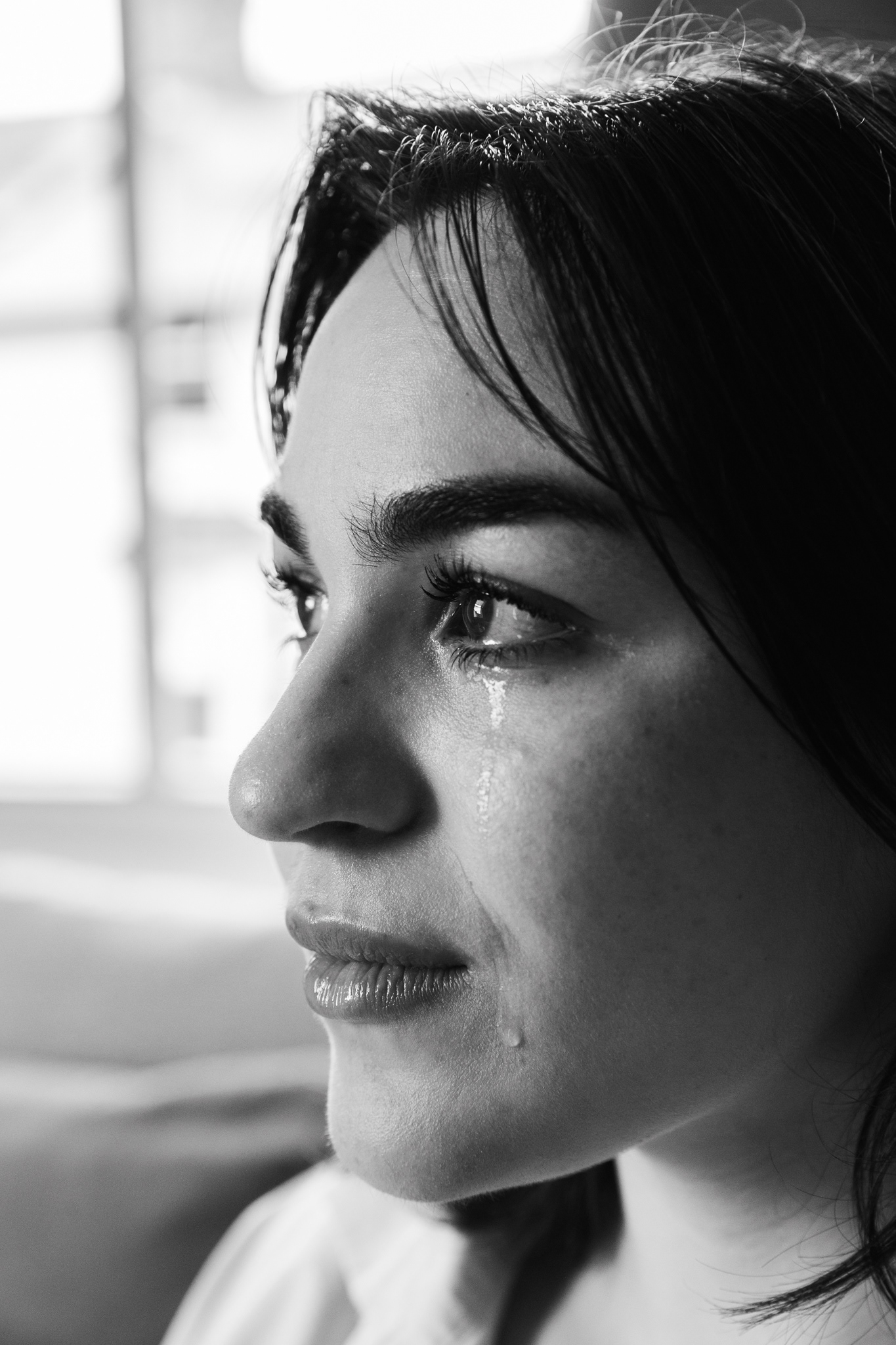
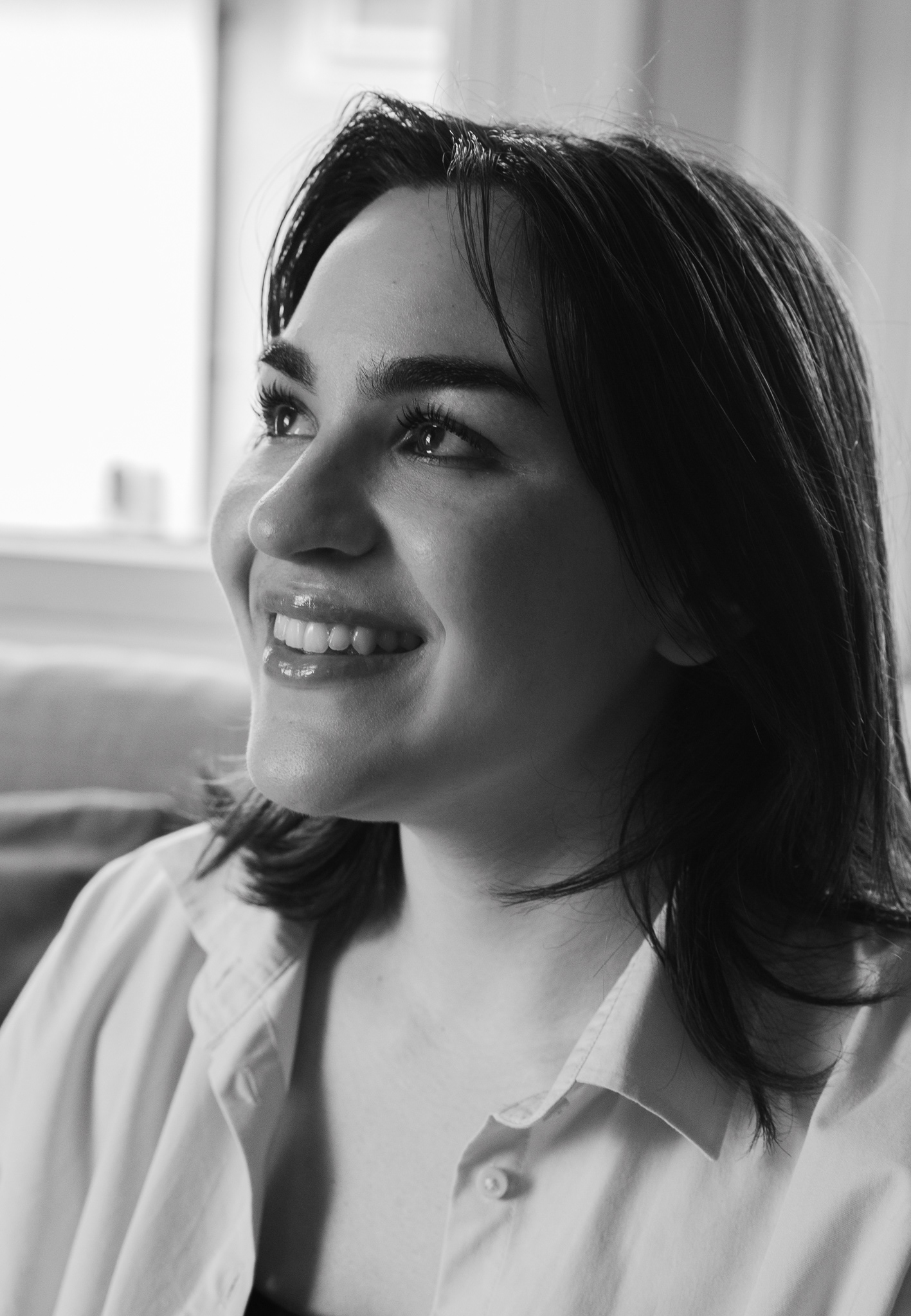
A Journey of Solitude and Searching: From Poland to Germany
Daniella's path to Britain was long and exhausting. First, she returned to Poland, where a depressive state awaited her. "Torn away from my family, I was looking after my younger cousin, whom I had taken with me." It was a heavy burden of responsibility, especially as Daniella herself was still a student. "She was very easy-going, but I felt responsible for her. And my dog was there too, I settled her with me in Poland." The six months in Poland became a period of isolation, self-reflection, but also a deep depressive plunge.
Despite these difficulties, Daniella continued her student life. She felt "like a fish in water" thanks to her international background. "No matter where I am, I am home to myself." However, the inner turmoil did not leave her.
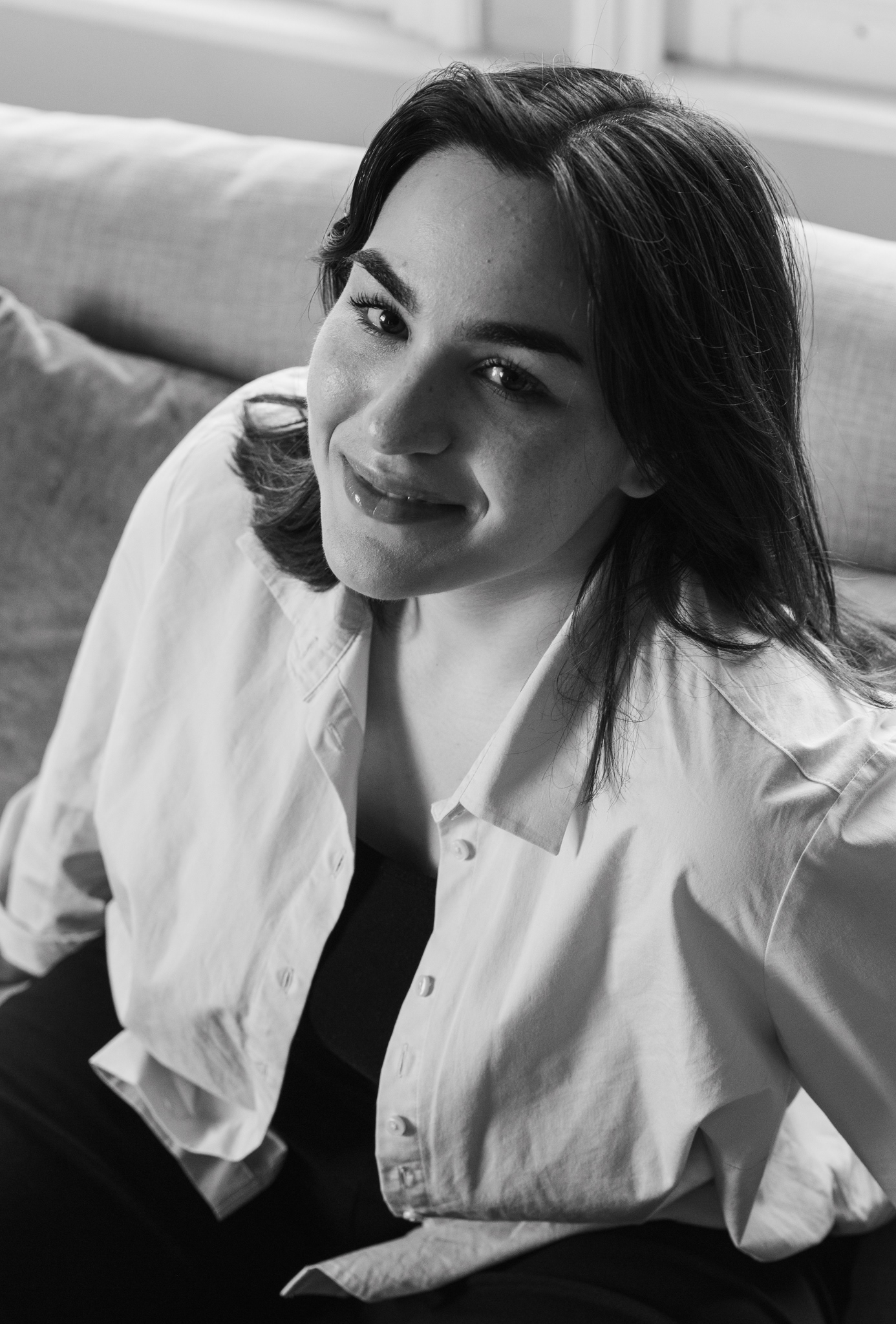
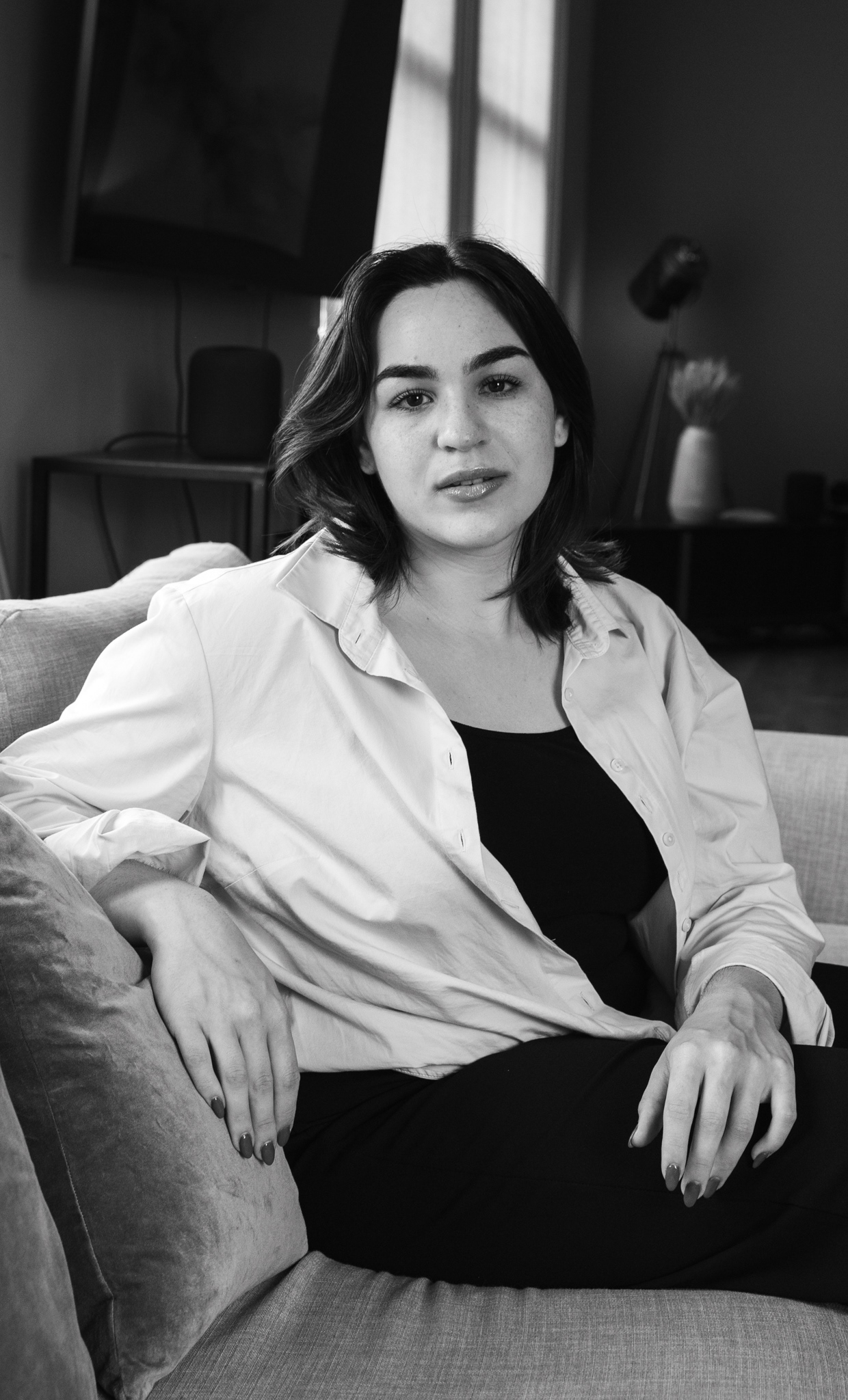
After graduating, Daniella moved to Germany, where her mother had already settled. It was a time of identity crisis. "I didn't know what I wanted to do, who I was, what I am, what I do." She worked as a freelancer and helped her mother, but continued to struggle with her depression. "I felt the truth in those parts. In the culture, I always feel comfortable because I can be at ease with people. I have no barriers. I love people. Always open to new things, to new people, to new information. There were no problems."
Problems arose in communication with her family, who were also experiencing stress. They lived in a cramped two-room apartment, which created additional tension. "We lived in a two-room apartment, very, very cramped, and it was very uncomfortable. We argued. Plus, everyone was under stress, all of this was happening, the war, the news, a new experience. It was hard to build relationships with each other." Daniella isolated herself, seeking harmony within. She wrote poems, took photographs, traveled alone through Germany, meeting new people and learning their stories. But the feeling of depending on her family and the desire to find her own path pushed her further.
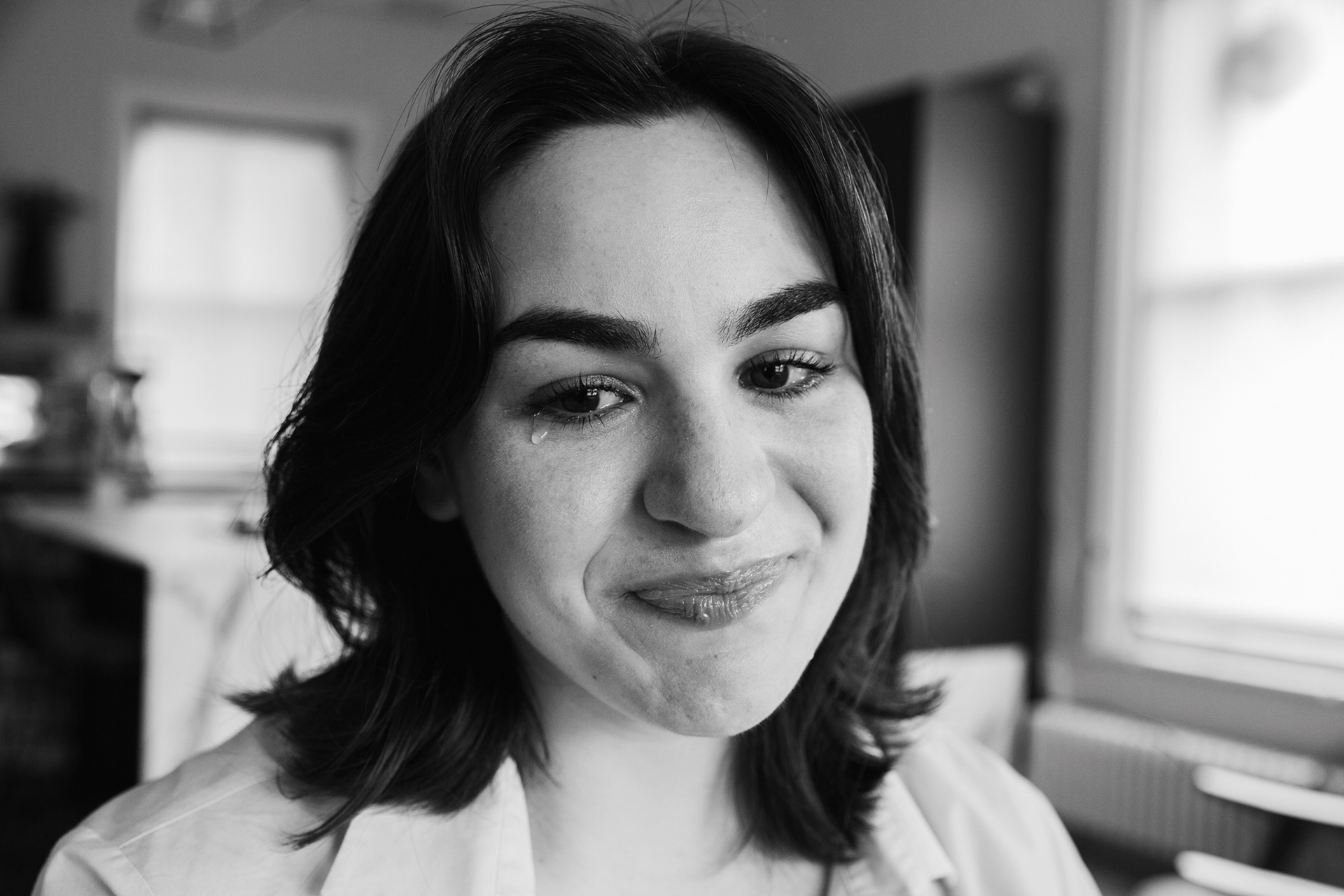
Adaptation in the United Kingdom
Daniella chose England, inspired by its culture and internationalism. However, the path to adaptation here was not easy either. The experience with her sponsor turned out to be negative. "I had a single man as a sponsor, he was just, like, present but also absent, just coming home, 'hello, hello, bye-bye,' I already knew everything." She felt lonely again, living far from people and without a car.
"I isolated myself again, I was alone. But I understood that I actually needed to go out and socialize with people. The best recharge for me is people, being involved in something. Instead, I somehow distanced myself from it, thinking I would get out of it on my own, figure it out myself."
Things changed when she moved in with another sponsor and met active people in the Swindon community. "I met many people here in England who are chasing their dreams, who show by their example that you can be successful in what you want to do. I got into the film industry, the creative industry, met these people, got fired up, and that's what ignited my fire. I finally wanted to do things and admit to myself what I want to do, who I am, to discover myself for myself. I am an actress and I create performance around myself." This breakthrough happened about six months ago when Daniella got her first jobs in the creative industry.
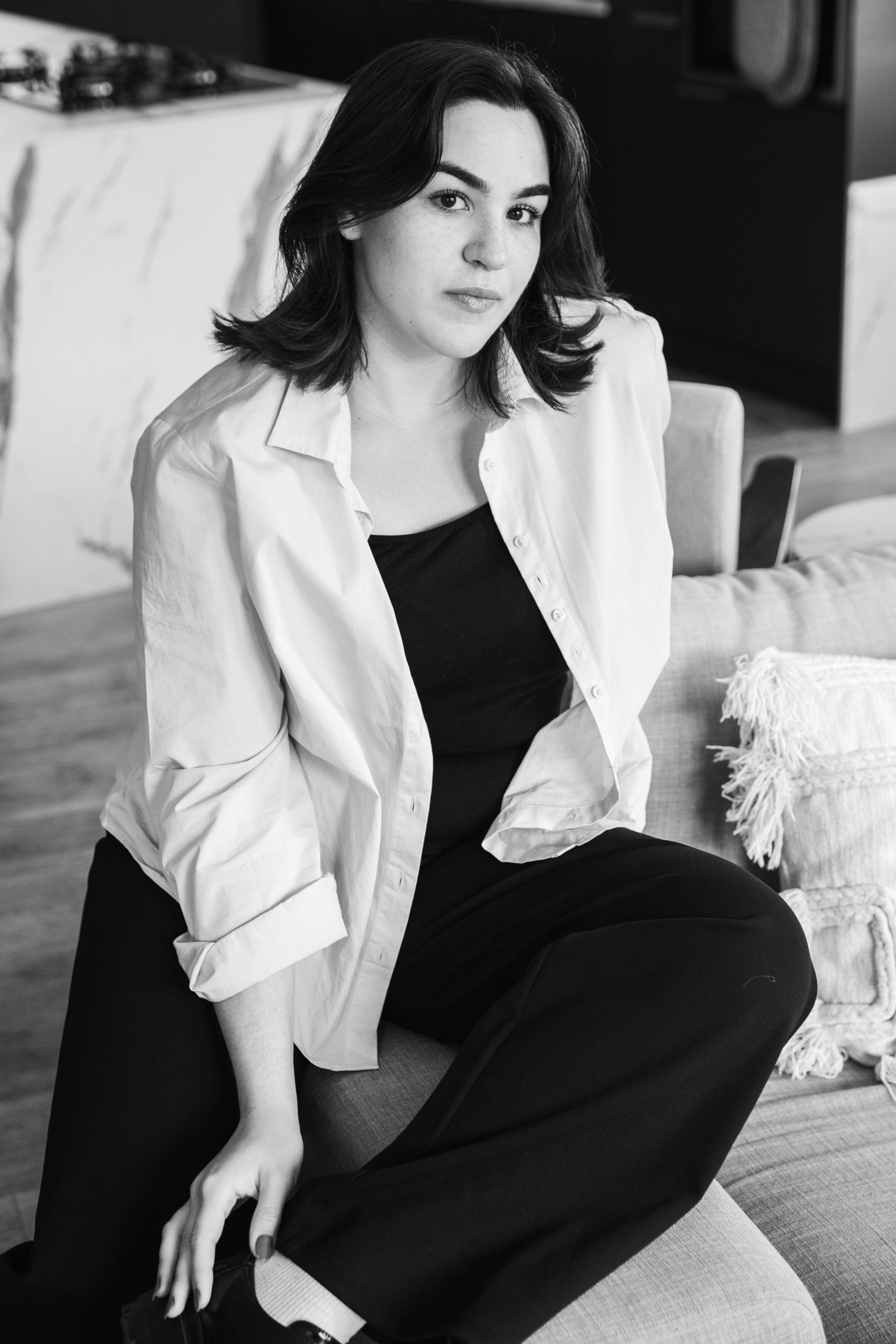
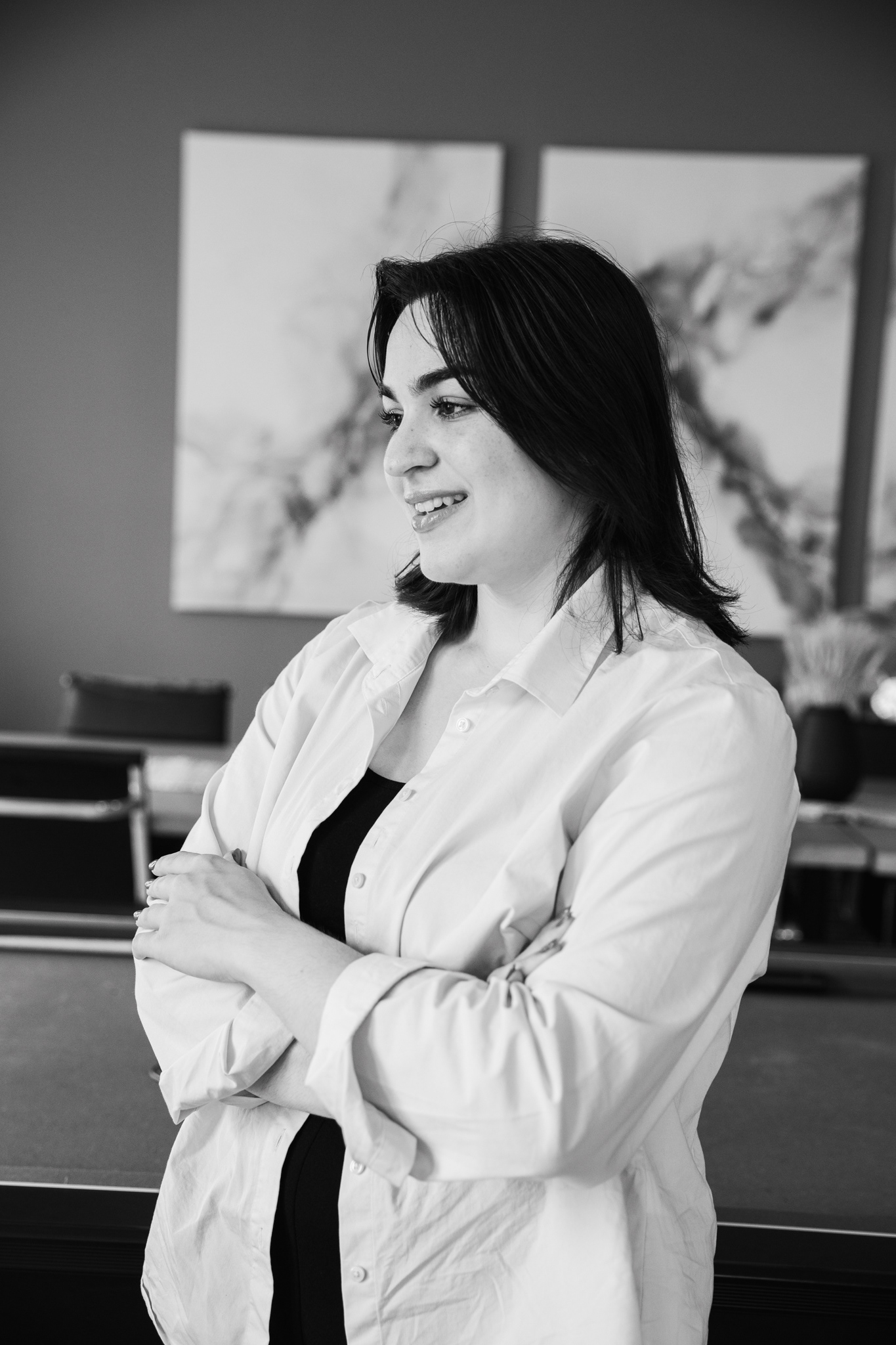
Reconnecting with Ukraine: True Identification
Despite professional difficulties and rejections, Daniella continued to search for her path. She worked as a barista in a restaurant and then in a coffee shop, but it did not bring satisfaction. "It was easy for me to work, but I often got emotionally tired. I worked in an Italian restaurant. It was… a feeling that I shouldn't be there. And then I also worked in a coffee shop for a month or two. It wasn't bad, but the work just stressed me out more than the people." The physical labour exhausted her, as she was used to working with her mind. "When I have to make 50 cups of coffee, I just can't keep up, and it puts me in more of a stupor."
The biggest challenge for Daniella was not Britain itself or its culture – she handled that easily. "I love the people around me. Everyone is so different, like characters from books and films. Everyone has hobbies, interests, and many interesting things to tell. English humour is very specific and subtle, as is their ability to express themselves through clothing and various small attributes of style and decor." British culture, despite some formality, accepted her. "I like British culture because they accept you, they understand you, but it's still different - there are some unspoken things."
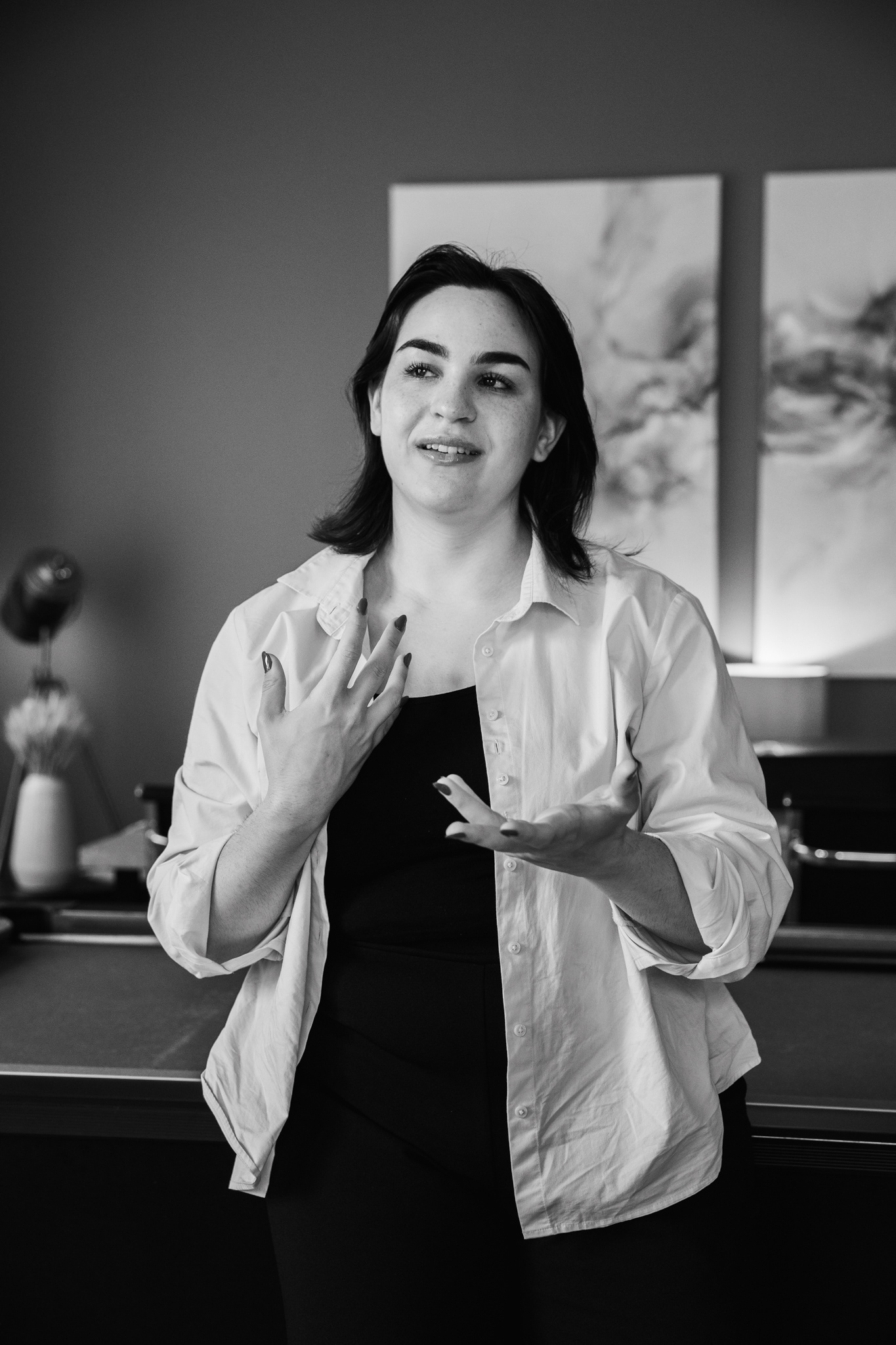
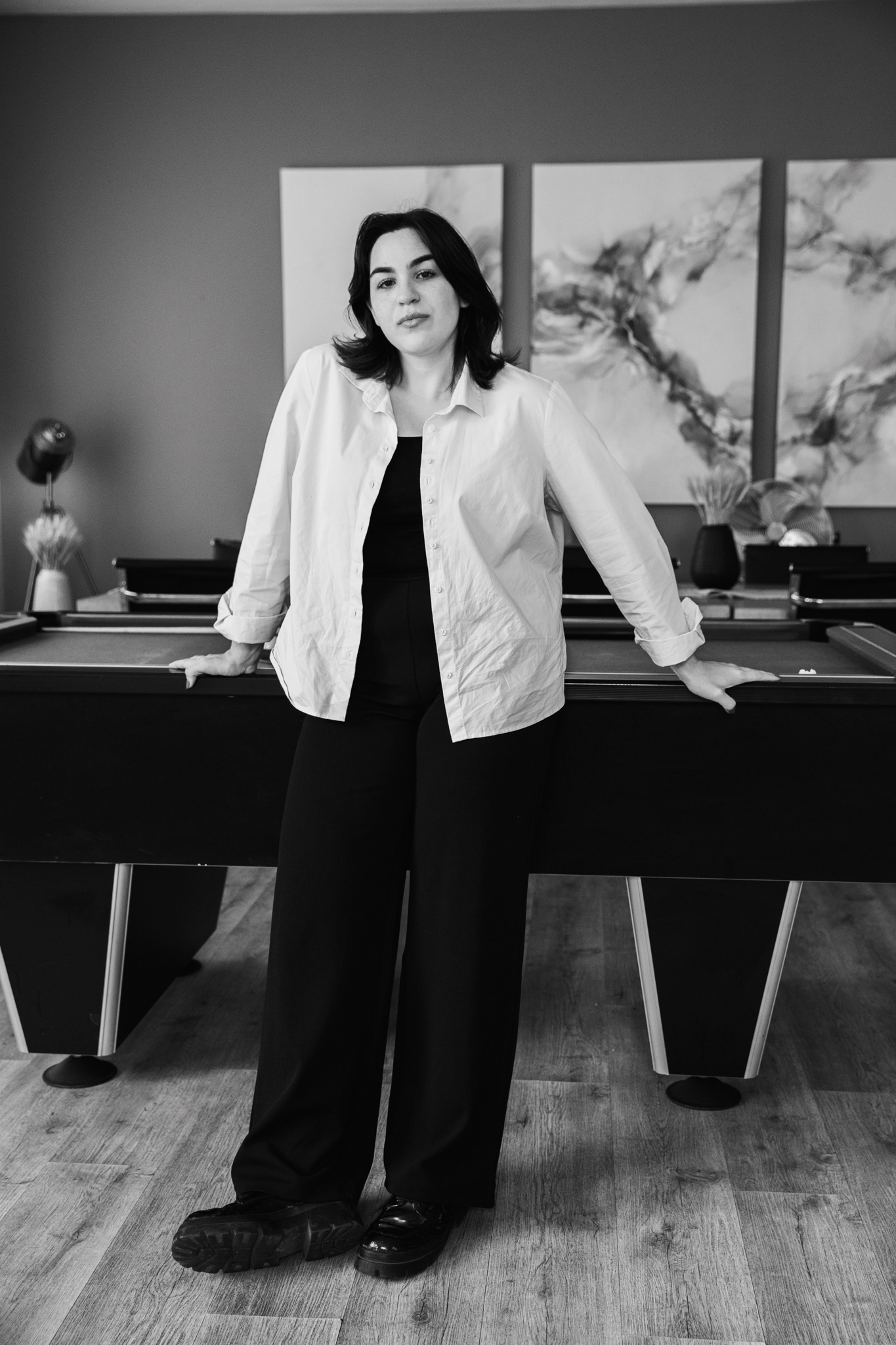
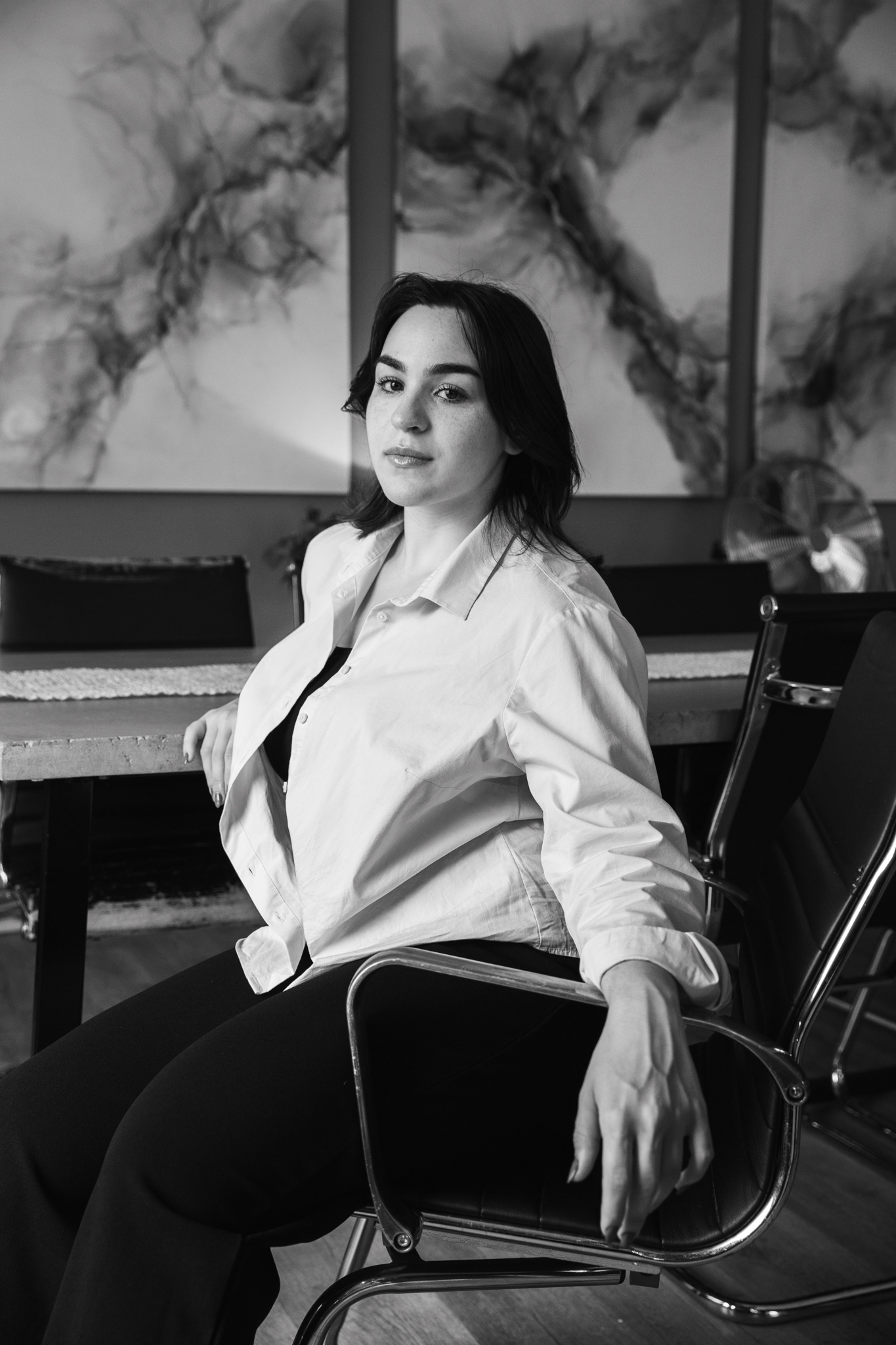
The real difficulties lay in the unresolved issues of identity and the feeling of inferiority as a Ukrainian, which she had previously felt in the media. "It was more about the separation from Russia, the separation from the cultural heritage. To be honest, I was very ashamed at that moment that I grew up in a Russian-speaking culture. This culture was constantly around me, poisoning me, suffocating me with its encroachments and claims, with its fakeness and hybridity. I knew little of Ukrainian, only something stereotypical or boringly historical, and it seemed like there was nothing... Not that there was nothing, I knew a lot, but I just wasn't as interested, as if I had been trying to distance myself from it all my life."
However, the last three years have been a period of awakening and immersion in Ukrainian culture for Daniella. "You could say that I am an ambassador for Ukraine myself. What happened to me, what happened to my family. And how to understand that all this is connected to Ukraine, in what way, how it is now." She actively supports Ukraine, not only with words but with actions. "I sing in a Ukrainian choir. I listen to Ukrainian music, new, real Ukrainian music, I've learned about new genres. I listen to Ukrainian podcasters. I am as deeply immersed as possible in Ukrainian courses. Because I understand that everything that is being created in our country is high-quality and fully in context. It is intellectual. It's exactly what I've always been missing."
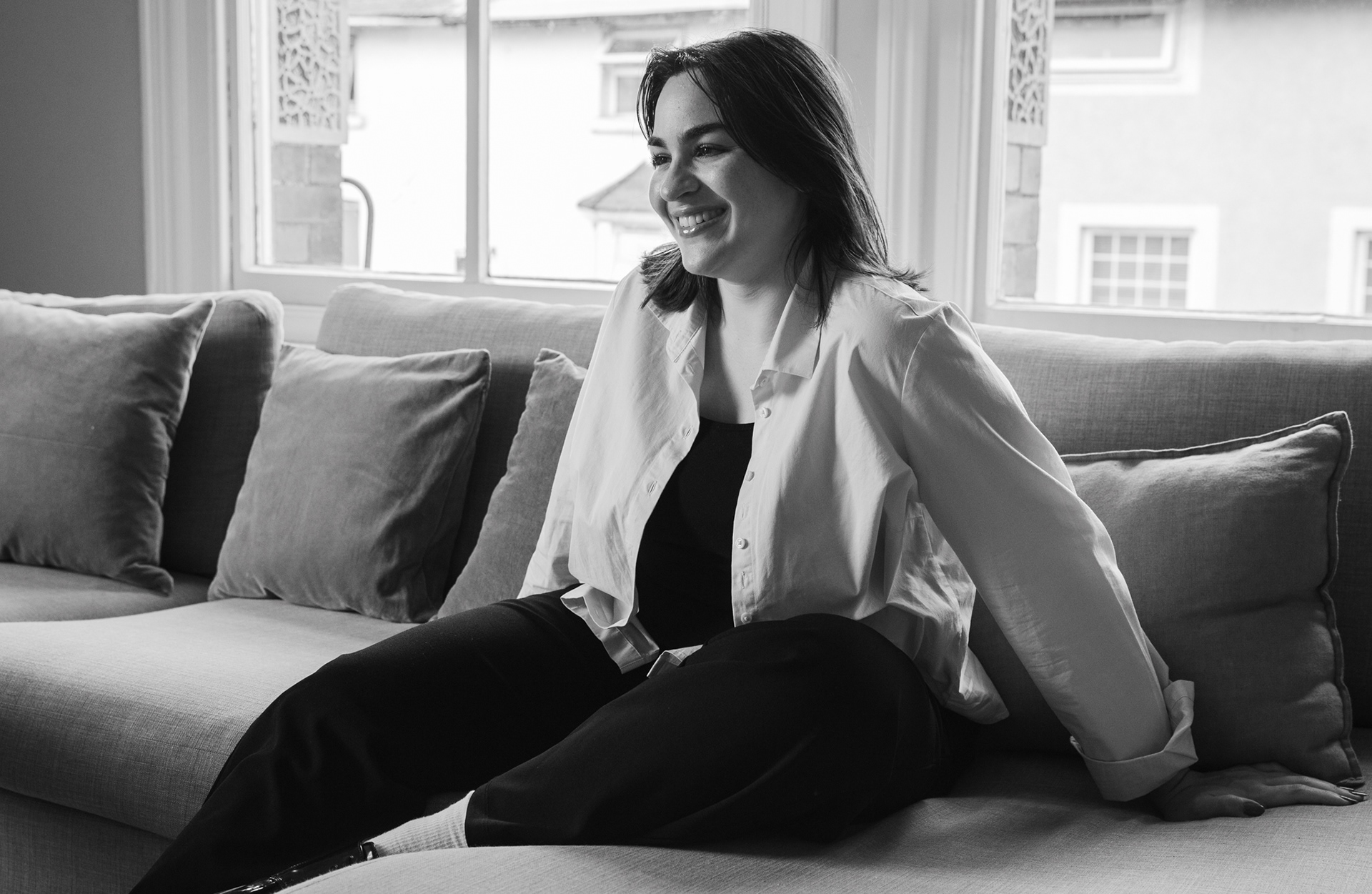
For Daniella, the connection with Ukraine is not just words, it's a feeling. "It's just on the level of feelings, like for example, I feel calm and uplifted when I sing in the Ukrainian choir." Her father, who is in the Ukrainian army, is a constant reminder of the struggle and resilience. "My father, he is at the Headquarters of the Ukrainian army, we talk, relatives are still there, brothers-in-arms, and close friends. He travels back and forth, back and forth, very close... Very close to the contact line he travels, but not directly in open confrontation, you could say. Yes, he knows what is happening, he knows where death is…" This knowledge brings pain, but also pride. "It's painful because you are in the dark. All sorts of different things happen."
Emotionally, Daniella has learned to manage her feelings. "When I want to cry, I cry. When I want to laugh and be happy - I laugh as much as I want. But when I'm with others - I'm more restrained, I still hold something inside me. I hold this pain, sorrow, and anxiety." She continues to live, knowing that there are people who make this life possible. "Just do it, whatever it is, do your thing, continue to live and love life, it's inspiring. A good family, I just continue in photos, so that I... [the original text is slightly fragmented here]... to help emotionally support other people, to support other people who come here, to support myself online. Just to tell people about Ukraine. To do more of this, when I'm involved in telling the story of Ukraine, to continue writing about Ukraine, in that way."
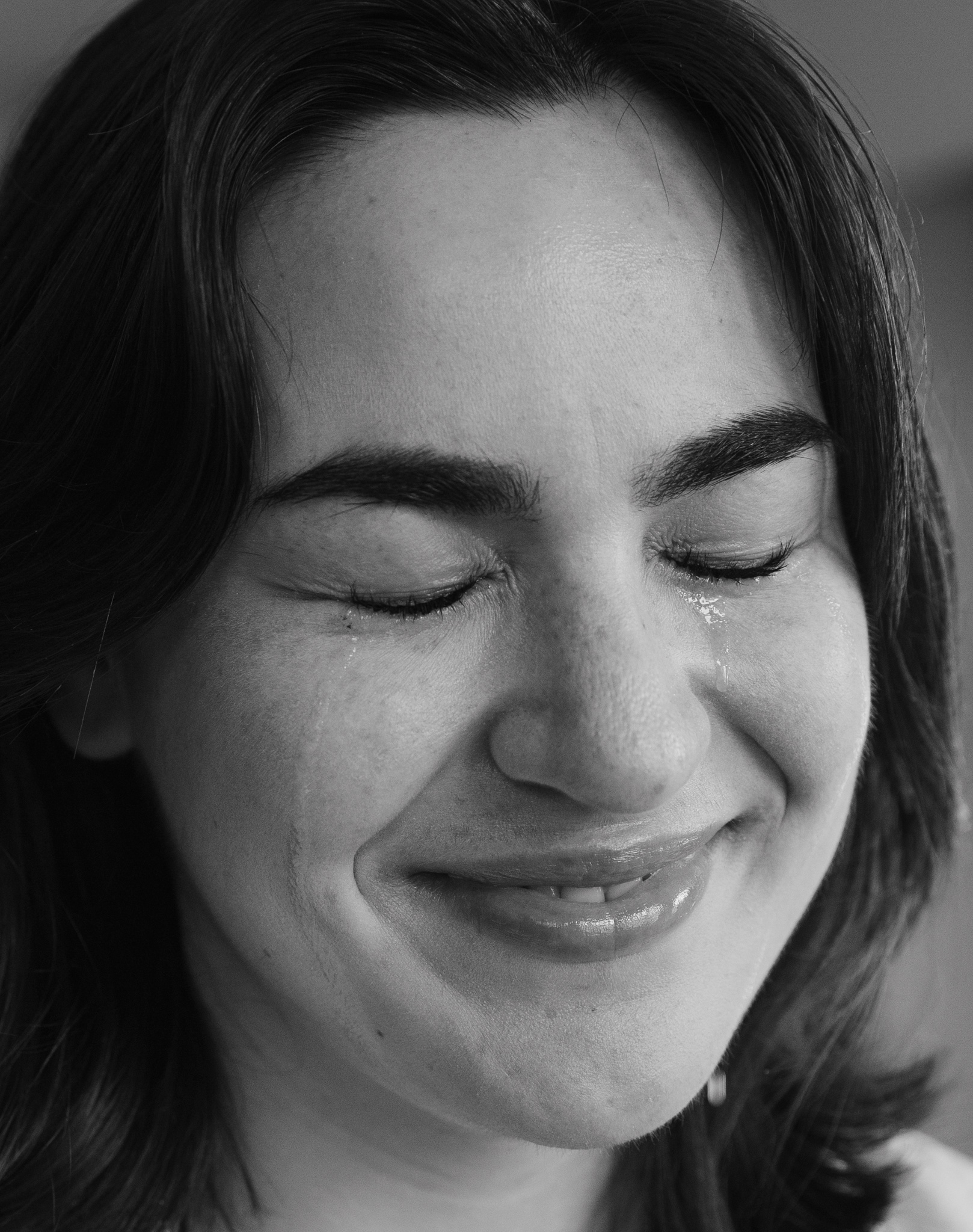
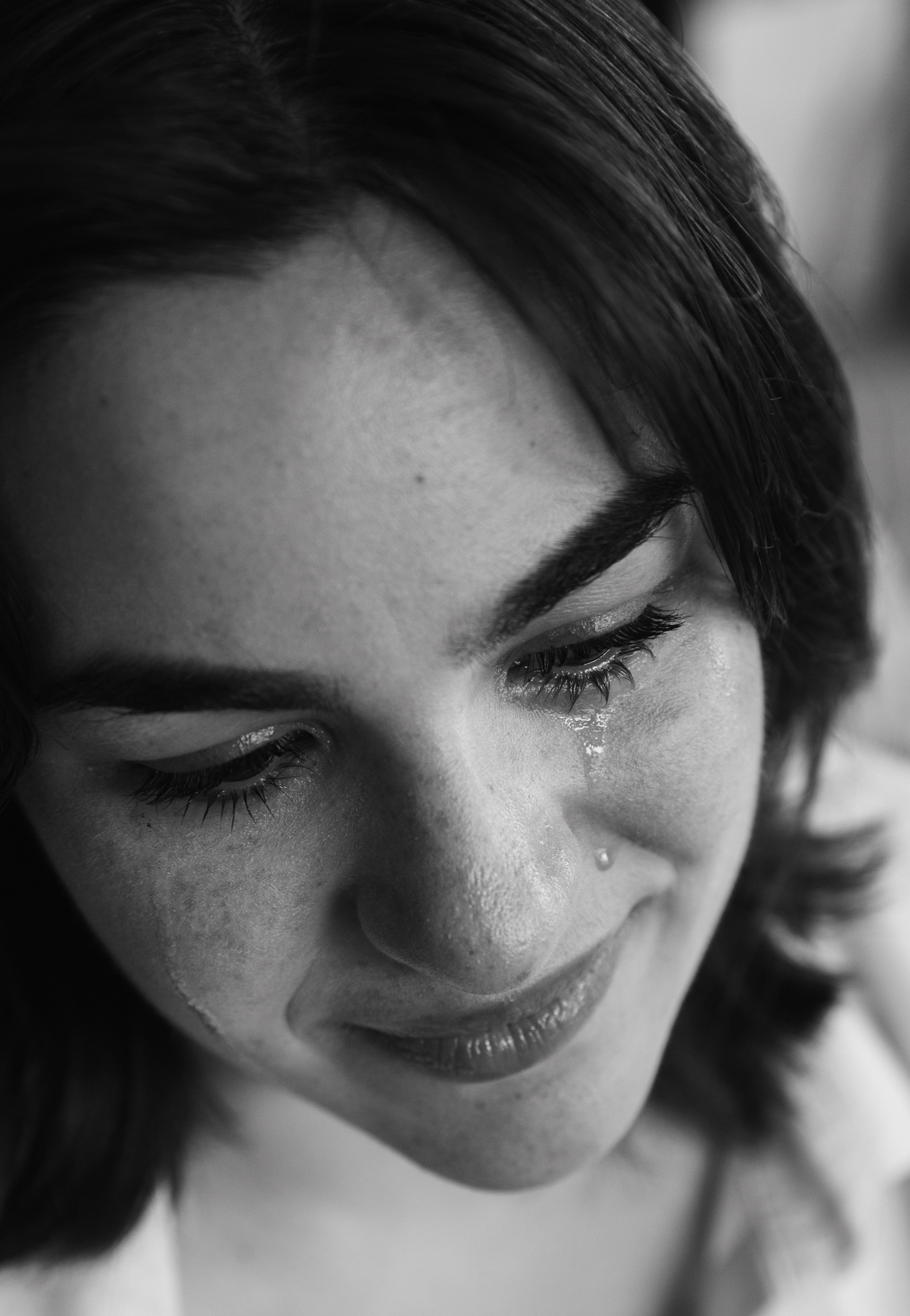
Daniella feels a deep sense of belonging to her nation. "That is, it was a process of self-identification, a striving for this identification." She sees herself as a rebel who disagrees with the rules, as a Ukrainian who will always find a way out of a situation. "You try to burn us, but we will still sprout with new green shoots."
Even in 2025, when the war has become a certain routine, Daniella continues to stand up for Ukraine. She reacts not so much to the news, but to why the world is forgetting their struggle. "Why are you forgetting about us, we are the same as you, and it's not fair." This injustice outrages her. Daniella Hloba is the embodiment of strength, resilience, and the desire to live a full life, despite challenges and losses. She carries her Ukrainian story to the world, convinced that people need to know what is happening and about the unbreakable spirit of the Ukrainian people. "I remain a Ukrainian messenger, a small Ukrainian messenger. And I want people to know."
